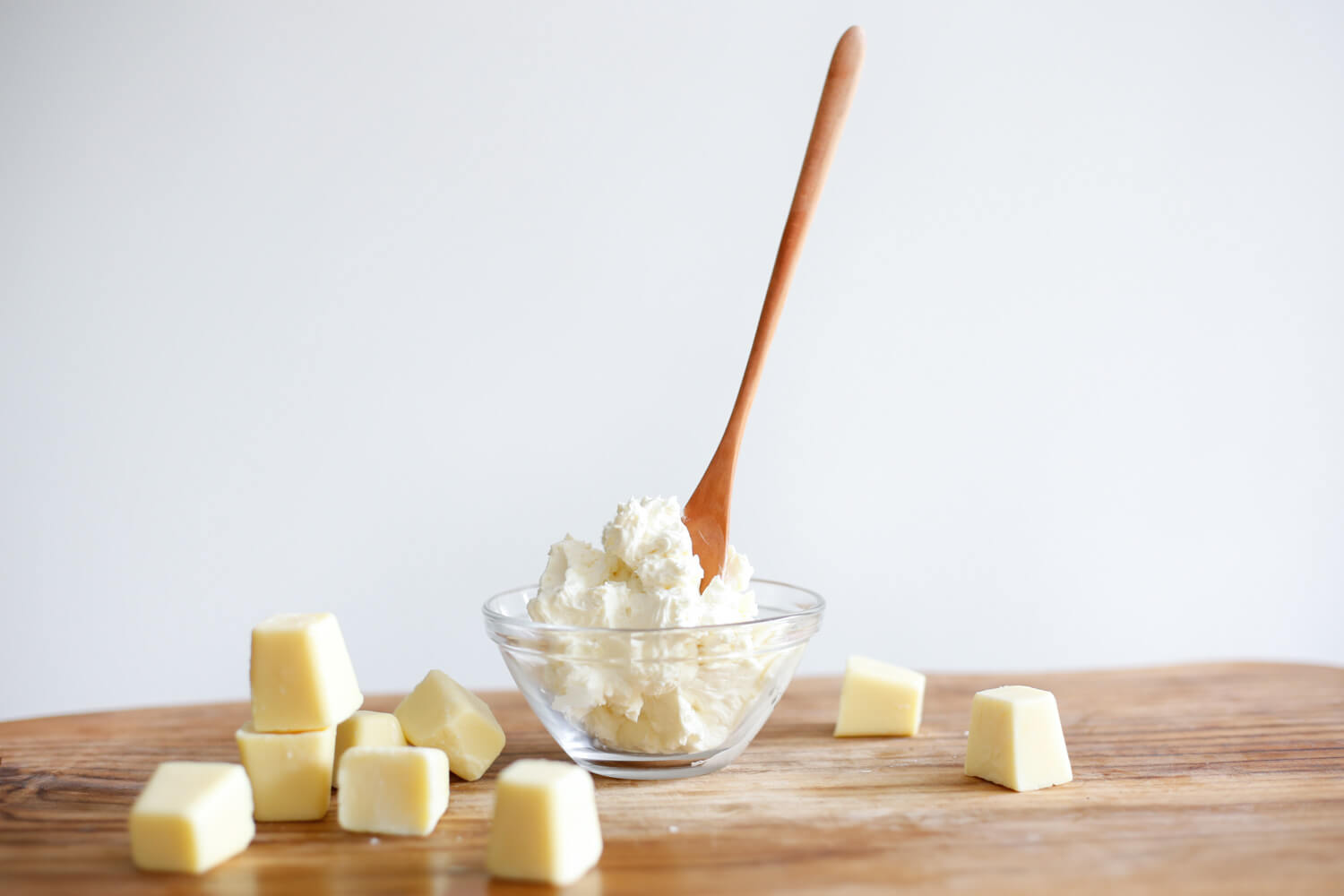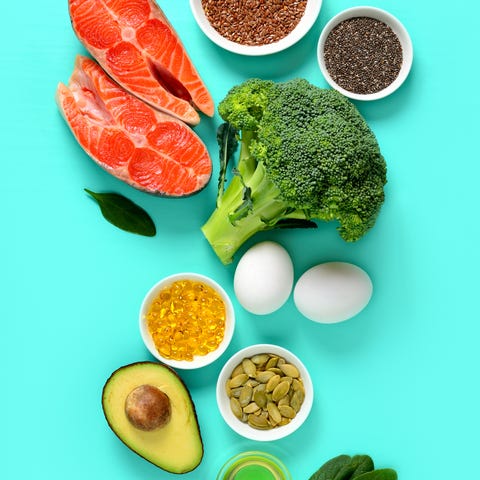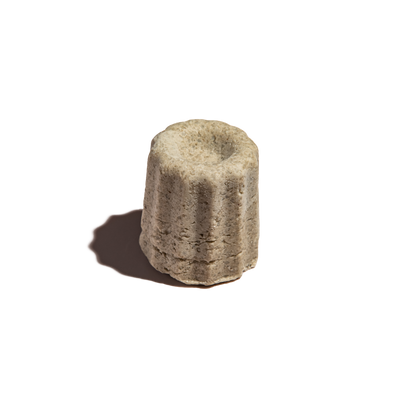The Eczema Guide: Tips for living with Eczema
Living with eczema is extremely challenging, and the last thing you want to hear is someone telling you to "just stop scratching". We feel that it may be helpful to hear from people who understand what you are going through. Therefore, this blog post features our content alongside a compilation of the top tips from fellow eczema sufferers from our instagram community!
SHOWER TIPS
In the shower: As tempting as a hot shower is, resist! Always use lukewarm and not hot water in your shower to avoid drying out your skin. Remember, the temperature should be warm enough to be tolerable, but not hot enough to make it feel good. Your bath or shower should also be short. Aim for just five minutes.
If you have a tub: Soaking in a tub of lukewarm water for 10-15 minutes can help relieve the itchiness. Avoid using any scrubs or loofahs that can aggravate your skin. The National Eczema Association recommends adding a quarter cup of baking soda or some fragrance-free bath oil into your tub as a form of bath treatment for eczema relief.
After the shower: Use a soft cotton towel to gently pat dry your skin. Your towels (and all the clothes that you wear) should be washed with a natural detergent that is chemical and allergen-free.
@pearlpebbles Cold showers and ice cubes for sudden itches. Salt water soaks
@rurookachoo Sometimes lavender sea salt diluted in water seems to help. But oat baths really make me itchy
MOISTURISE MOISTURISE MOISTURISE
Aim to moisturise your skin within 5 minutes of finishing your shower.
Keeping your skin hydrated helps form a protective barrier between you and potential irritants, allergens, bacteria and other environmental stressors. Pick moisturisers that contain more oil than water, such as ointments, balms or creams. Lotions are mostly water-based and hence will not be as effective. To avoid irritating your skin, choose fragrance-free products. If you have a preference for scents, avoid choosing those with artificial fragrances or undiluted essential oils straight from the bottle.

Credit: Littlegreendot
OASIS: We love using essential oils in our products and always ensure that they are safely diluted. However, we have noticed that certain oils such as tea tree, peppermint and citrus oils like lemon are pretty strong and can agitate the skin. We advise to avoid the use of such essential oils altogether if you have eczema skin.
@jeninec Moisturise. Even when you think you don't need to.
@micro.manage Coconut oil, shea butter, anything super moisturising
TRIED AND TESTED TREATMENTS ACCORDING TO USERS
@rurookachoo Bai Xuan Gao has worked wonders for my skin, clearing up all my flare ups like magic! I stopped using steroids
@jeninec Anything with ceramides in it. When the itch starts, Suu Balm or Ceradan Soothing Gel
@yyellowdaisies Potassium Permanganate solution (find out more here)
@thefadedmemory Aloe Vera Gel or Suu Balm
@shin_liiiiiii I use Paw Paw ointment
(OASIS: We want to highlight that this contains 96% petroleum jelly which can potentially cause allergies and clog pores for some. Do read up more to decide if this can work for you)
@averil Eucerin Eczema Relief Colloidal Oatmeal Skin Protectant Cream
You can also check out our very own Aleppo Body Butter, which is a restorative body butter containing healing Laurel Oil and a blend of organic plant-based ingredients that offer relief and healing from flare-ups of eczema, psoriasis, and rashes. It is steroid-free, fragrance-free and gentle enough for babies and anyone with sensitive skin.
DIET TIPS - WHAT TO INCLUDE AND AVOID
In our opinion, this is the most important step of your journey in managing eczema. Inflammation is a key component in the development of eczema, so following an anti-inflammatory diet can be beneficial.

Credit: Netdoctor
INCLUDE
Omega 3 - Choose fatty fish such as salmon, tuna, sardines and cod that offer a natural source of omega-3 fatty acids that can fight inflammation in the body. For vegans, you can also attain this from plant sources such as flaxseeds, chia seeds and brussel sprouts.
 Credit: Giphy
Credit: Giphy
Quercetin-rich veggies - This is a flavonoid found in plants. It contains powerful antioxidant and antihistamine properties to fight inflammation and prevent eczema flare-ups. These include watercress, asparagus, onions and kale as those listed amongst the densest in quercetin content.
Probiotics - These are live bacteria and yeast found in fermented foods such as kimchi, miso, yoghurt and cheese that add to our natural gut microbiome (read up more about the importance of our microbiome in this previous post). A healthy microbiome supports a healthy digestive system and immune system. Make sure that the ones you consume are unsweetened as sugar is a huge trigger of eczema!
AVOID
Stay away from triggers that promote inflammation and may worsen the symptoms of eczema. Everyone reacts differently to this list of food and it doesn't necessarily mean that you must avoid them all. Try the elimination diet method to understand what you can and cannot take.
Histamine-rich food: Cured meats, most citrus fruits, avocadoes, alcohol, milk, nuts, shellfish, tomatoes.
Trans fat and saturated fat: Found in processed food, margarine, red meat, poultry skin and butter.
Simple carbohydrates:

Credit: Medium
Keto diet: Some experts also advise against going on the Keto Diet when you are experiencing an eczema outbreak due to its high fat concentration. According to reports, a red, itchy"keto rash" has been commonly seen on Asian patients on ketogenic diets. More on this condition here

Credit: Keto function
Food to avoid according to the community:
@nyonyanaz Sugared drinks and processed food
@shaffism Fast food, GMO food
@ieuii Chicken (steroids) and dairy
@prettyintense Shrimp, crab, mango, yam, dairy
HOW TO GET BETTER REST WITH ECZEMA
When dealing with eczema, sleep often gets disrupted by bouts of itching and scratching which can get really frustrating as well as exhausting. This section highlights some ways to help reduce the anxiety and help you ease into that sleep-ready mode.

Credit: Harvard Health
TEMPERATURE
Body temperature and eczema are closely related. The hotter you become, the worse your eczema tends to be. According to medical research, maintaining a cool room temperature of around 18-20 degrees allows for better quality of sleep. You can also consider sleeping with a fan instead for improved air circulation without the dryness of an aircon.

Credit: Gfycat
PYJAMAS
Go for airy, loose, and breathable fabrics that absorb moisture. Pyjamas that are made of 100 percent cotton, bamboo or silk are generally your best bet. Stay away from synthetic fabrics such as polyester or nylon as they do not allow your skin to breathe, and also do not absorb sweat.
BEDDING
We recommend using bedding made from 100% cotton, silk or bamboo viscose, which is soft, cool, absorbs sweat and allows the skin to breathe better. Consider choosing a lighter blanket instead of a full-on duvet to avoid trapping heat while you sleep underneath its covers.
 Credit: Molly Soda
Credit: Molly Soda
SKIP THE TECH
Yes, put your phone far away from your bed to really help you sleep better, for longer. If you have a TV plugged in somewhere, turn off the power switch too so that you will not see that little red light. If you really need it near you as an alarm for the next morning, remember to set it on Night Mode after a certain time so that you will not get any more notifications.
MOISTURISE
This goes back to the same point and we cannot emphasize this enough - moisturise! Make sure to apply a rich ointment/balm/ cream to the areas affected by eczema around 30 mins to 1 hour before bed to allow full absorption into your skin. This will help reduce any stickiness you might feel.
We hope that you have found this series of posts helpful. Some may work for you, while others may not. Please do leave us any comments if you feel that we have missed out anything important, or perhaps even your own tips on how to cope with eczema. We look forward to building content that is co-written by the community =)









Leave a comment